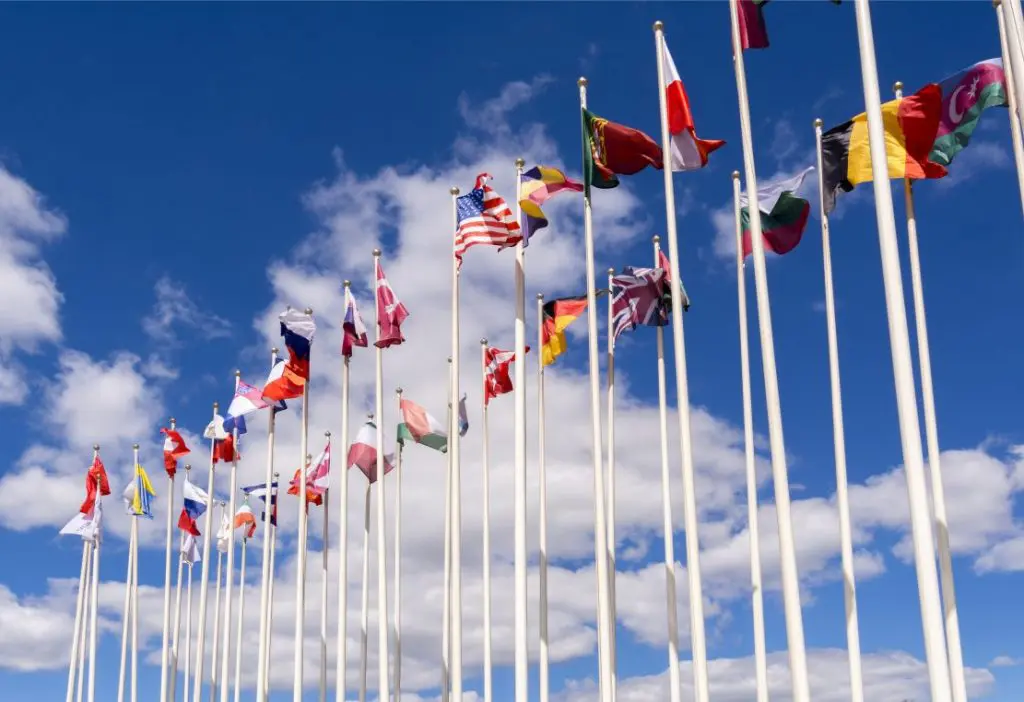
There is still much uncertainty surrounding Brexit and the UK’s departure from the European Union. With a deal still yet to be agreed upon, no one can be sure what exactly the fallout will be from January. However, we do know for definite that companies and businesses will have to adapt to the new reality that is to come.
Brexit will undoubtedly have a serious impact on the way businesses operate and do trade once the transition period comes to an end on 31st December 2020. Indeed, it can be assured that there will be a significant increased demand for translation services, such as Berlin Translate, post-Brexit.
Increased demand for translation services post-Brexit
In the post-Brexit world, there is a chance that English will no longer be an official language of the EU, nor one of the working businesses languages. As a result, all official documentation will need to be translated into other languages.
Furthermore, a large proportion of British businesses are monolingual and so operate exclusively in English. Whilst this was not a problem when the UK was a member of the EU and English was a highly influential, official language, this monolingualism will no doubt present serious difficulties following the end of the transition period. In order to trade with the rest of Europe, it is vital that British businesses are prepared with translated versions of all their official and important documentation. Therefore, many businesses will call on translation companies in order to help ease the transition from mono- to many-lingual.
Moreover, translation services will not only be needed to facilitate trade with Europe. It is inevitable that many companies will choose to move their headquarters to an EU country or set up new sites on the continent in order to make operations easier. Therefore, there will once again be an increased demand for translation services post-Brexit as companies need documentation in other languages aside from English.
The new post-Brexit world could very well see a reduction in the dominance of English as a business language which will therefore significantly increase the importance of the translation industry as it becomes an key player in international communication and interaction.
Common areas that need be translated
- Trade agreements
- Contracts (employment, partnership, sales-related)
- Policies
- HR documentation
- Regulatory documentation
Certified and Sworn Translations
With Brexit comes not just an increased demand for general translation services, but more specifically for certified and sworn translations to ensure the legal integrity of official documentation. In addition, certified translations guarantee the documents will be recognised by the necessary regulatory institutions.
These translations are carried out by sworn or certified translators (depending on the country) who are authorised by an official institution to authenticate the translation of official, and often legal documentation. These translations are then regarded as having formal status by authorities in a given country. It is vital that all official business documentation is translated by certified and sworn translators in order to ensure they are valid and legally compliant in the target country.
What can Berlin Translate offer you?
Berlin Translate offers translation services of the highest quality from in English into a multitude of European languages. We provide certified and sworn translation services for businesses to help ease the transition to a new way of operating. With a team of expert translators, Berlin Translate helps companies communicate successfully and do business on a global scale. In addition to translation services, we also have a localisation service to adapt your documents to your target audience.
Berlin Translate can help you get ‘Brexit-Ready’ in every aspect by providing an experienced and trusted translation service to allow you do what you do best without letting language differences get in the way.

